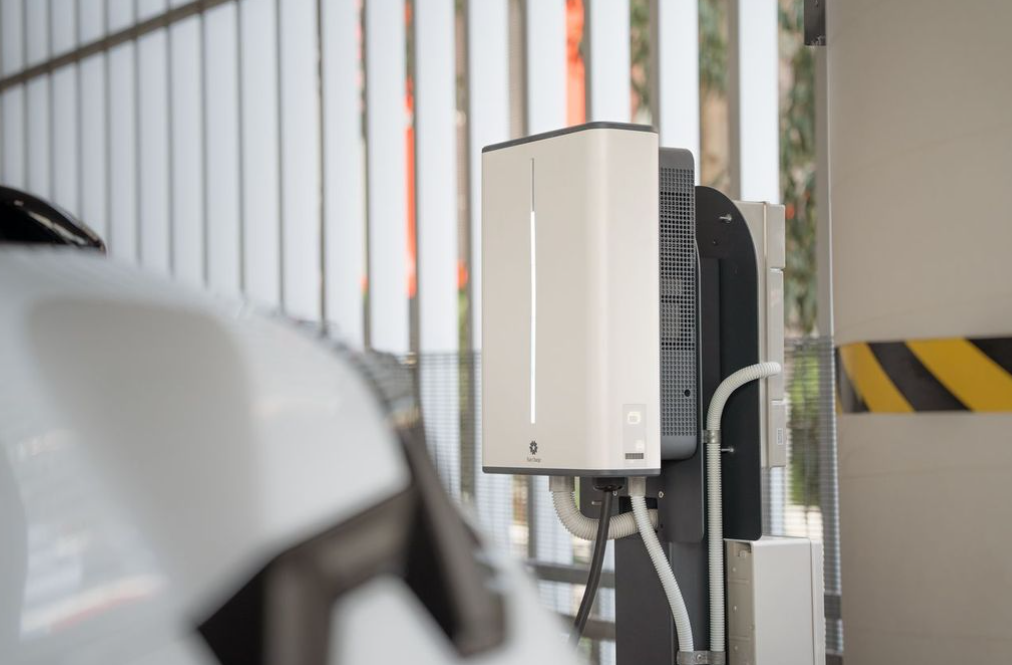These are unusual times. Prior to the November 2019 COAG Energy Council meeting the nation’s energy ministers hadn’t been in the same room for almost a year. Now, when the Coronavirus pandemic should have us all practicing social distancing, this group of senior executives from governments and industry will meet on a weekly basis.
The indifference to undisguised irony demonstrates not only the seriousness of the health emergency, but the vulnerability of our energy system in the face of 21st Century global problems. The nation and the world can still only guess at the full extent of the economic impact of this outbreak, or what the recovery will require.
The Clean Energy Council (CEC) believes clean energy can play an integral role in lessening the economic impact and maximizing the recovery. Hence the CEC is calling upon “federal, state and territory governments to make renewable energy and energy storage a key part of their COVID-19 response packages to both stimulate the Australian economy and protect households and businesses from high electricity costs.”
The CEC has set out a number of initiatives governments should incorporate into their economic recovery and stimulus packages:
- Governments should directly fund the installation of solar on public housing and low-income rental housing. Solar will reduce the electricity bills of people who need the most support and employ a large number of electricians and tradespeople quickly.
- Governments should roll out solar and storage backup for all critical state infrastructure, such as police facilities, fire stations and telecommunications.
- The Clean Energy Council welcomes the Federal Government’s decision to increase the instant asset write-off threshold from $30,000 to $150,000 and expand access to include businesses with aggregated annual turnover of less than $500 million (up from $50 million) until 30 June 2020. In addition, the Federal Government should stimulate jobs and growth with a new rebate for solar batteries for homes and businesses.
- State and territory governments should accelerate the rollout of rooftop solar and batteries for schools, childcare facilities, police stations and other government buildings.
- Governments should accelerate and increase funding for the installation of microgrids, stand-alone power systems, community batteries and other programs for bushfire recovery and to build resilience for future summers.
The CEC believes that if these measures are adopted by governments jobs in the renewable industry can be saved, the economy can be boosted and energy costs for consumers can be reduced.
These are precarious times. Last week, the Australian Energy Market Operator (AEMO) enacted a full suite of pandemic responses to meet energy market demand despite threats to its workforce health and ongoing challenges to the grid.
On top of these smaller-scale industry initiatives, the CEC suggests governments should accelerate projects such as Queensland’s RE400 program and the AEMO’s Integrated System Plan to support large-scale renewables.
Similarly, the CEC argues that governments need to prioritise strategic interconnections and improvements to the transmission network, the NSW-QLD interconnector, the NSW-SA interconnector, the Marinus Link etc.
After all, if this crisis can help us to realise one thing, it is that a more distributed generation network is far less vulnerable to globally incorporated influences. The distributed revolution has been coming for some time, but perhaps Coronavirus is showing us we should’ve hurried it along. Already we are seeing consumers panic-buying solar PV and energy storage systems as they look to empower themselves rather than let themselves drift in global currents.
The CEC’s call for a clean energy stimulus package is based in a strong rationale. If we are going to fight for our future, we may as well bet on our future too, and that future is clean energy.
This content is protected by copyright and may not be reused. If you want to cooperate with us and would like to reuse some of our content, please contact: editors@pv-magazine.com.









1 comment
By submitting this form you agree to pv magazine using your data for the purposes of publishing your comment.
Your personal data will only be disclosed or otherwise transmitted to third parties for the purposes of spam filtering or if this is necessary for technical maintenance of the website. Any other transfer to third parties will not take place unless this is justified on the basis of applicable data protection regulations or if pv magazine is legally obliged to do so.
You may revoke this consent at any time with effect for the future, in which case your personal data will be deleted immediately. Otherwise, your data will be deleted if pv magazine has processed your request or the purpose of data storage is fulfilled.
Further information on data privacy can be found in our Data Protection Policy.